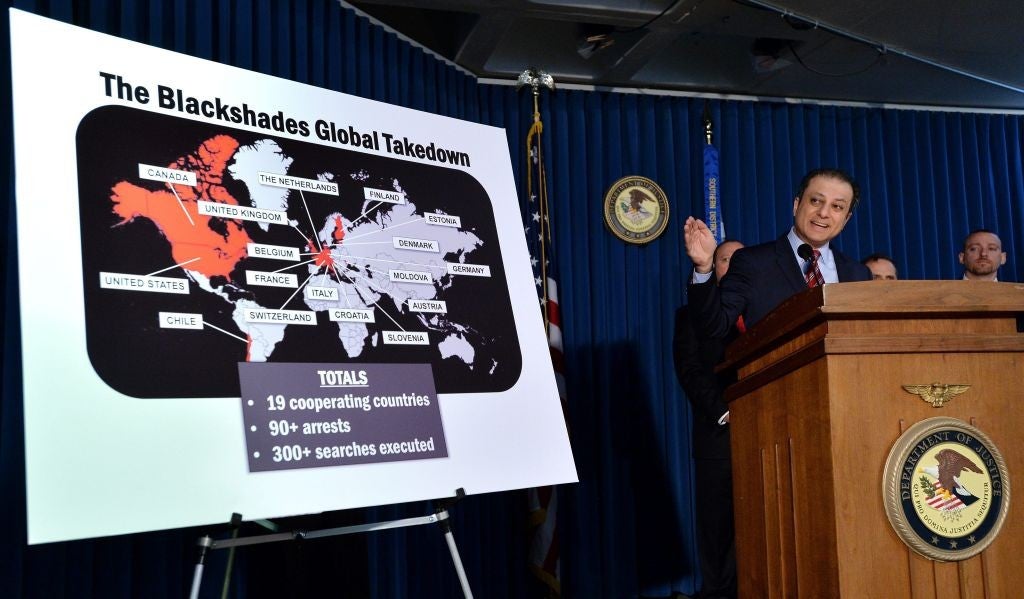Blackshades: International arrests target $40 malware used from Hampshire to Syria
Blackshades gave amateur hackers 'breathtakingly invasive' powers

Your support helps us to tell the story
From reproductive rights to climate change to Big Tech, The Independent is on the ground when the story is developing. Whether it's investigating the financials of Elon Musk's pro-Trump PAC or producing our latest documentary, 'The A Word', which shines a light on the American women fighting for reproductive rights, we know how important it is to parse out the facts from the messaging.
At such a critical moment in US history, we need reporters on the ground. Your donation allows us to keep sending journalists to speak to both sides of the story.
The Independent is trusted by Americans across the entire political spectrum. And unlike many other quality news outlets, we choose not to lock Americans out of our reporting and analysis with paywalls. We believe quality journalism should be available to everyone, paid for by those who can afford it.
Your support makes all the difference.More than 100 individuals, including 17 from the UK, have been arrested as part of a worldwide operation targeting users of a hacking tool capable of a range of tasks, from compromising webcams to spying on activist in Syria.
The software, known as Blackshades, was sold “openly” over the internet for prices starting at just $40 (£23) and had an active user community who used a dedicated online forum to exchange hints and tips on using the RAT (‘remote administration tool’) malware.
Since 2010 it’s thought that Blackshades was used to infect more than 500,000 computers, with the software able to capture personal information or photograph users unaware and use these images to blackmail them.
One infamous incident involving the software saw 20-year-old US student Jared James Abrahams blackmail tens of girls and women, including a Miss Teen USA winner, by taking pictures of them while they were undressing in their rooms.
The worldwide crackdown focused on individuals who were involved with the development of the software or who were identified as prolific users. The UK’s National Crime Agency (NCA) reported making 15 arrests in England and two in Scotland, with eighty more individuals held across 15 countries including France, Germany and the USA.
At a press conference in New York, US attorney Preet Bharara described the software as a "frightening form of cybercrime” which "enabled anyone anywhere in the world to instantly become a dangerous cyber-criminal able to steal your property and invade your privacy.”
It’s thought that the operation was brought about when FBI arrested two developers of the malware and obtained a list of their customers. Blackshades reportedly generated sales of more than $350,000 (£208,000) since its creation in 2010.
In the UK, the NCA warned that its officers were now aware of who had downloaded the malware and warned them not to use it. Andy Archibald, deputy director of the NCA’s cybercrime unit, said “criminals throughout the UK and across the world are finding out that committing crimes remotely offers no protection from arrest.”
Join our commenting forum
Join thought-provoking conversations, follow other Independent readers and see their replies
Comments